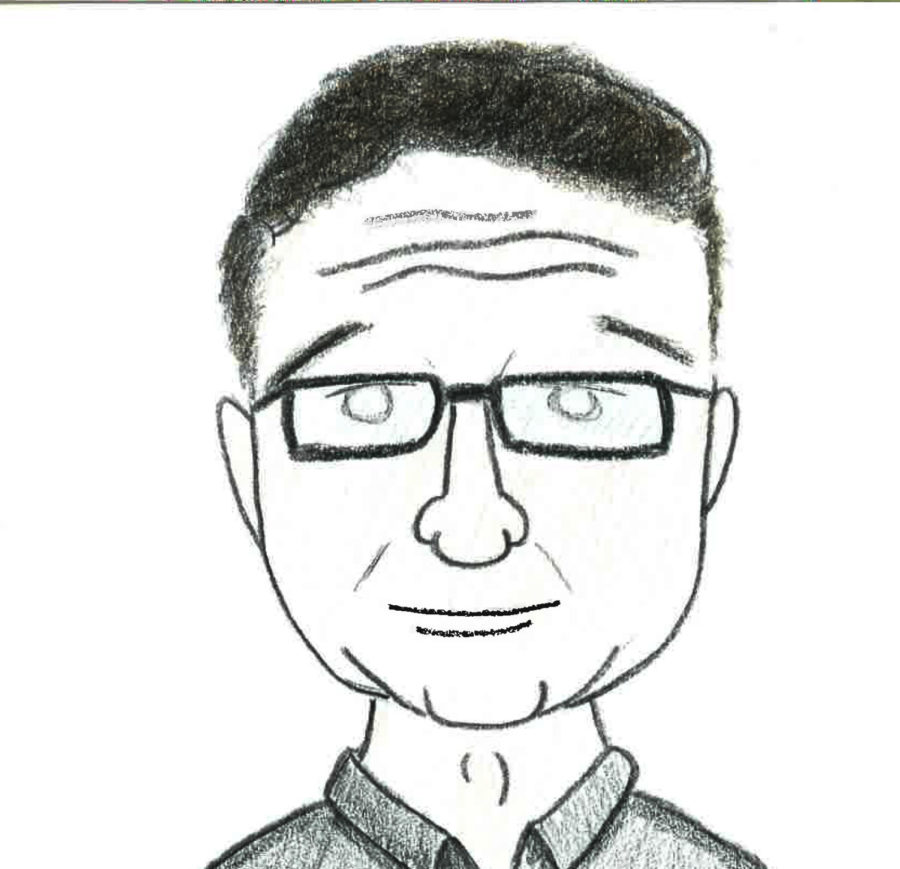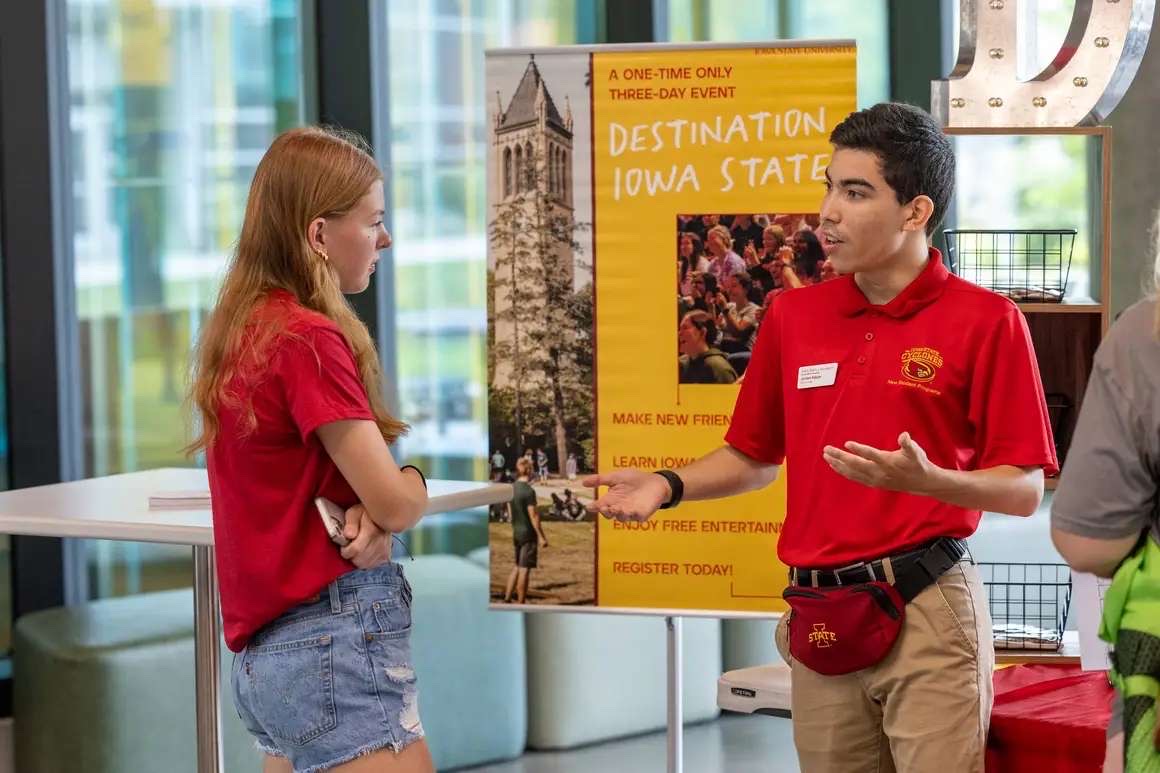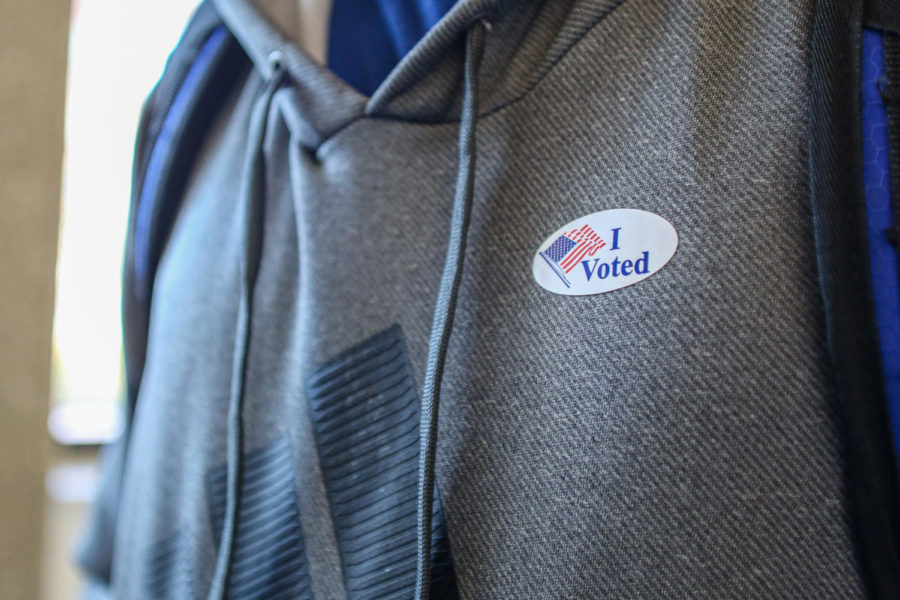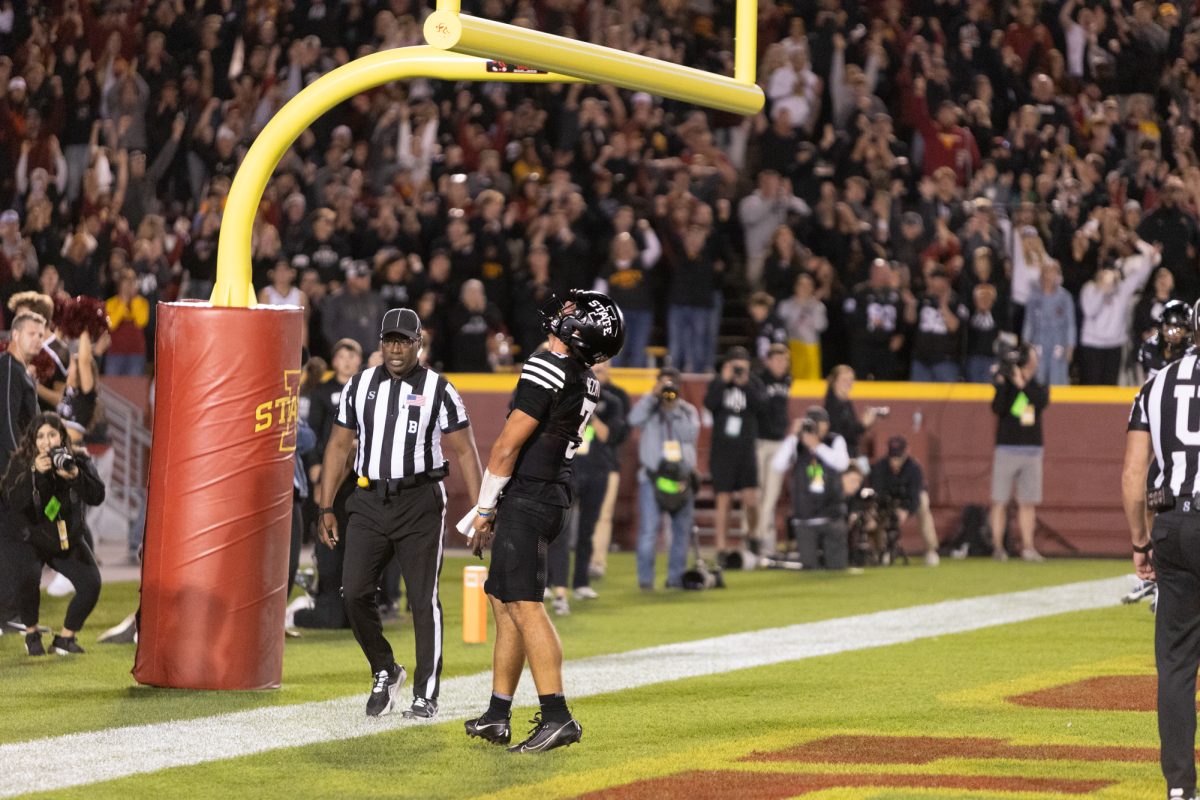Remembering Robin: ISU students, faculty focus on Williams’ life, comedy
Illustration: Reed Lechner/Iowa State Daily
Robin Williams’ death is tragic, but ISU students and faculty are focusing on his ability to make his audiences laugh rather than how he ended his life.
August 28, 2014
Robin Williams’ death is tragic, but ISU students and faculty are focusing on his ability to make his audiences laugh rather than how he ended his life.
Williams began as a stand-up comedian in the 1970s and starred on a few TV shows before landing his own show “Mork and Mindy,” where he played the alien Mork.
After “Mork and Mindy,” Williams took on a leading roll in the movie “Popeye.” His movie career would only grow from there.
Williams brought a new element to the table while performing his stand-up comedy routines. He mimicked his mentor Jonathan Winters and spent most of his routine pacing the stage in a frantic state.
Gavin Jerome, a comedian and professor of Comedy College at Iowa State, said Williams’ act was different from the other famous comedians during the 1970s because he was so hyper. While other comedians, such as George Carlin and Steve Martin, had a more straightforward approach, Williams brought different voices and characters with endless energy.
“The first three comedy albums I ever bought, I’ll never forget. I put all my money together … so I had a $20 bill and some change and I went to the record store, Musicland, in my hometown of Dubuque, [Iowa,] and bought Steve Martin’s ‘Let’s Get Small,’ George Carlin’s ‘On The Road’ and Robin Williams’ ‘Reality… What a Concept,'” Jerome said. “In those three albums, you could encompass almost every facet of comedy you could ever want to imagine.”
Williams’ energy was also evident in his movies. His successful career left lasting impressions on some ISU students. After his death, Clearra Bassett, freshman in accounting and international business, said she wanted to watch his movies again to avoid sadness when she heard about his death.
“He made me want to laugh because every time he came on the [TV] screen he’d be smiling and really happy,” Bassett said. “He’s one of those people that makes you want to laugh.”
Jacob Kubacki, freshman in computer science, said his favorite movie starring Williams was Disney’s “Aladdin.”
“It felt like his death was too soon. But then at the same time, it shed some light on what he was going through,” Kubacki said. “He just brought a smile to my face and he was powerful enough to bring a smile to pretty much anyone’s face.”
Peter Orazem, professor of economics and teaching assistant for Comedy College at Iowa State, said Williams’ improvisation, different characters and voices were a hard act to pull off.
“Literally, [he] was someone who is constantly on in manic,” Orazem said. “Manic, silly, funny, entertaining, but also someone who does his voices, his gestures, uses his face and uses all of it to switch into a different character. Then almost instantly switch into another character with a different voice and different mannerisms. That’s extremely hard to do.”
Jerome agreed with Orazem, pointing out that Williams’ routine looked effortless, which made his career unique.
“He always seemed like he was at the top of his game and his persona and comedic voice was positive, happy and silly,” Jerome said. “I think it was a shock because of the way he lived his life and the point of view that he expressed as a comedian was so contrary to taking your own life.”
Williams was also involved in numerous charities including the Comic Relief campaign, a series he cohosted with Billy Crystal and Whoopi Goldberg on HBO.
“These are the people you grow up with, these are heroes,” Orazem said. “Of course, you realize he’s not going to be there making you feel better anymore and maybe it’s because he made you feel better and that he wasn’t feeling good, you almost feel guilty that we didn’t do anything to help him out.”







